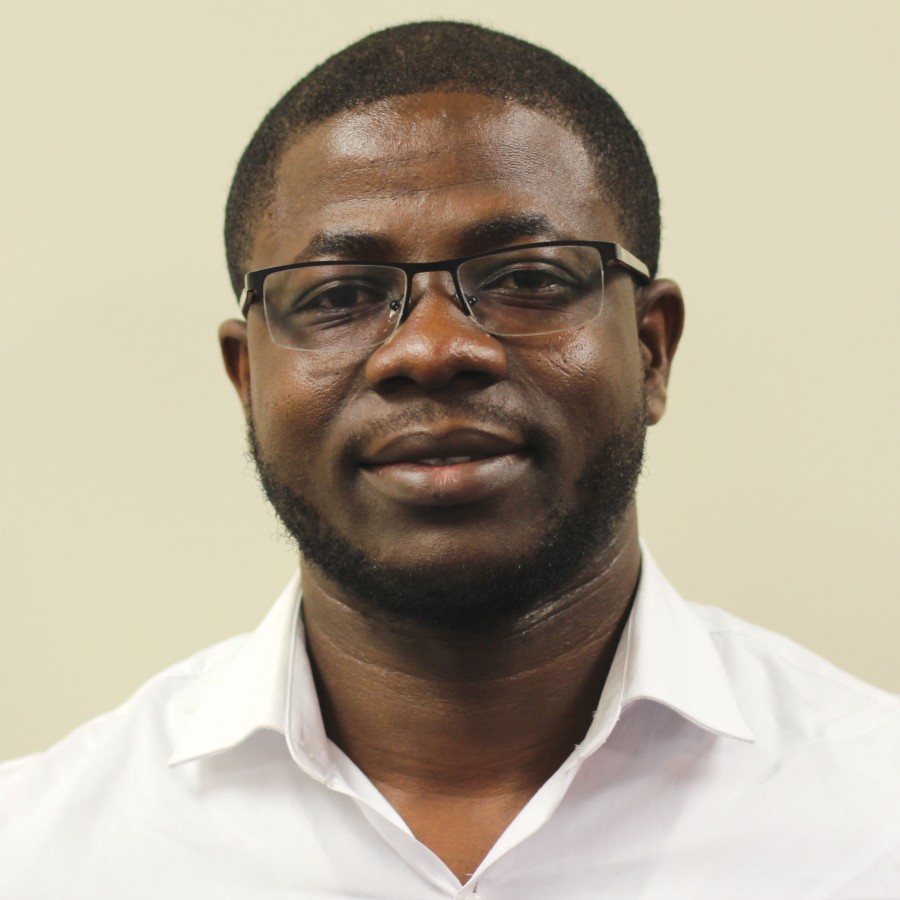Society dictated by the “we” vs “them” mindset
Let’s face it. The world we know does well when our choices and actions are framed in terms of the extreme. It’s black or white, rich or poor, good or bad, Christian or Muslim, Republican or Democrat. You know what I mean. Whether it’s a social, economic or political issue, we insist on taking a side, sides which have been previously made for us. However, we can make another choice — taking a broader perspective and seeing people on the diverse continuum of humanity. Along those lines I want to reflect on one divide that has grown today — the ‘we’ versus ‘them’ grouping.
As we grow, we need to challenge the ideas that limited our thinking to this. Is there an ethical and a factual basis for these convictions? Or are we just indoctrinated by our surroundings to believe that we have to take a particular side? I believe the ‘we’ versus ‘them’ grouping generates mistrust and misplaced fear in our societies. It’s common to hear people say “They don’t like us,” “They want to hurt us,” “We’re better than them,” etc.
As an example I want to talk about how we react to issues of police killing unarmed civilians versus civilians killing police. Unfortunately, we react differently to this evil depending on which side of this ‘we’ and ‘them’ category we belong. Civilians accuse the police of killing ‘them’ while the police accuse the civilians of killing ‘us’ in these situations. Death is death and there’s nothing praiseworthy about the unjust death of a person — police or civilian.
Let’s give it some perspective. Sherriff Paul Laney of Case County, ND, said about police deaths, “People are hunting us. How do you think that sits with us?” How is it ever justifiable that Officers Jason Gooding of Seaside, OR and Greg Barney of Riverdale, GA were killed last couple weeks on the line of duty arresting criminals? How do you convince Officer Jason Moszer’s family that his death, while responding to a domestic disturbance, was justifiable?
On the other hand in a Mesa, AZ apartment, a co-worker’s call for police to pay Clarke, a transgender man, a welfare check ended up with him been killed. These killings are wrong. But instead of focusing on addressing these issues as evil and finding solutions to them we choose to use the ‘we’ and ‘them’ yardstick.
True reforms will require that we first breakdown these artificial walls we’ve created separating police and civilians in competing parties. We each exist for each other. What unites all these victims is neither the badge the officers held nor Clarke’s civilian status. It was their humanity. Like any of us, they had families, aspirations and feelings.
In 1996, Samuel Huntington predicted cultural wars among the world’s largest civilizations. Unfortunately, these cultural wars have also become religious wars — particularly between Christians and Muslims in our terrorism-antiterrorism conversations. It’s not common to hear anti-Muslim sentiments in our society simply because some group of people using the banner of Islam have carried out unprovoked terrorist acts against our society. We’ll know the story about the great number of lives that these terrorists continue to take. Our lives have been changed in fundamental ways but is that enough reason to condemn a whole group of people for the crimes of a few? But of course, when the discussion is framed in the ‘we’ versus ‘them’ dimension, there’s only room for hatred.
So much that we forget about our sense of compassion even when we see the gory pictures of starving and drowning Syrian child refugees. We have no space for them because we think they’ll eventually grow and harm us. Let’s not forget about the 31 governors who refused to accept Syrian refugees into their states last year. Perhaps a teaser from Gov. Nathan Deal’s tweet in the heat of the turmoil will put things in perspective. He wrote, “I’ve issued an executive order directing state agency heads to prevent the resettlement of Syrian refugees in GA.” The security concerns are real, but how impossible is it for the US to provide help to those needy fellows while concurrently securing its frontiers? I’d think the greatest country on earth can do that.
We continue to live our lives within this ‘we’ versus ‘them’ framework in different ways. The immigrants want our jobs, Republicans are taking away our votes, the government is against us, and it’s Blacks against Whites. The big issue is about defining what is right in each of these situations we face. Sometimes we may not like “the right position” but at the end, the choice should be based on what is ethically acceptable. That choice builds goodwill and better friendships. It may be a utopian dream but at least we’ve got to try.
Philemon Abayateye is a doctoral student in geography and planning.











